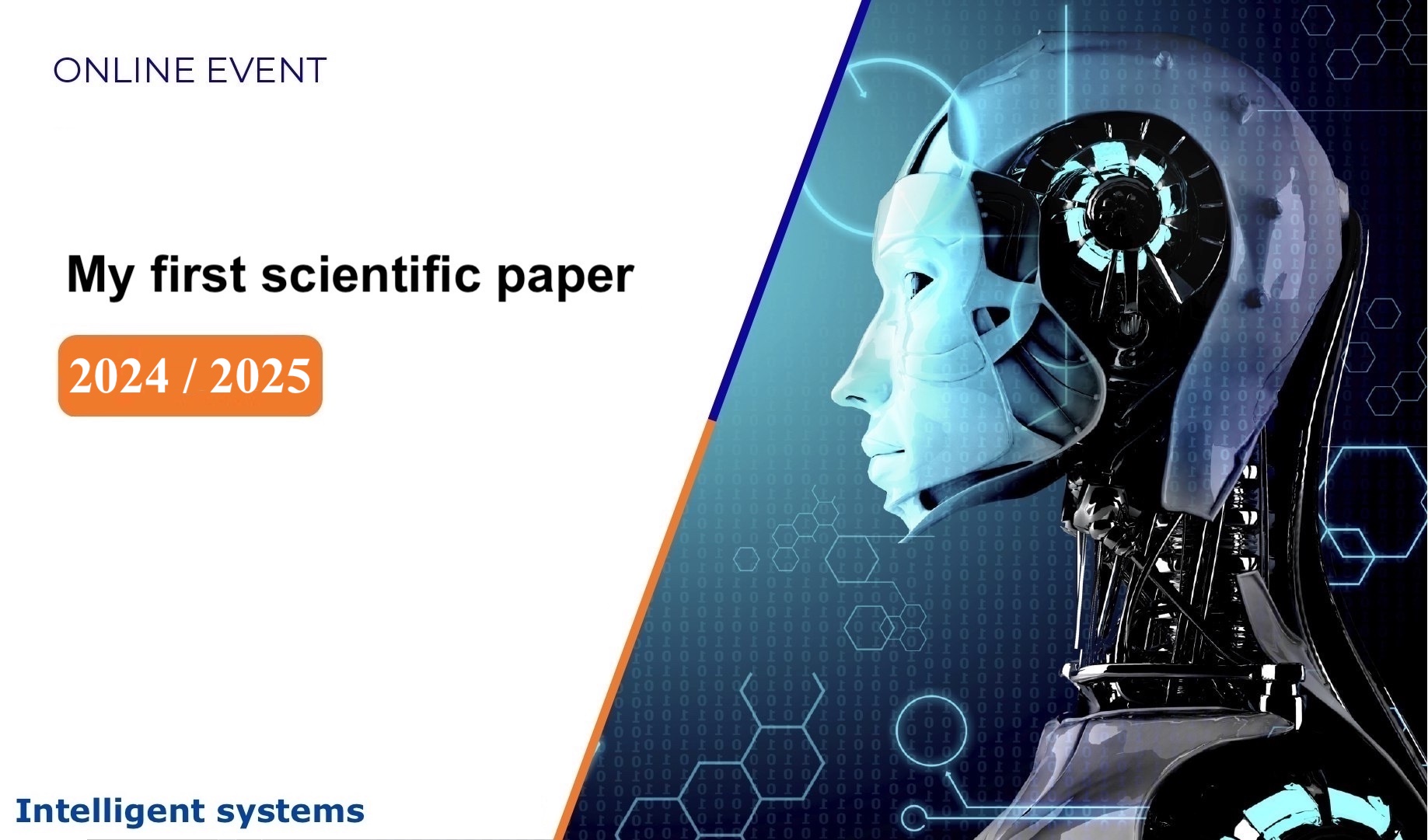Difference between revisions of "Main Page"
m (→Links) |
|||
| Line 2: | Line 2: | ||
{{Box|Title=News and announcements|Content={{News}}<!--''[[News|more]]''-->}} | {{Box|Title=News and announcements|Content={{News}}<!--''[[News|more]]''-->}} | ||
| − | == | + | ==My first scientific paper, Spring 2023== |
| − | + | ===Homework for week 1=== | |
| + | At the bottom of the pages | ||
| + | *[[Week 0|Week 0: Come in]] | ||
| + | *[[Week 1|Week 1: Set the toolbox]] | ||
| − | |||
This course produces student research papers. It gathers research teams. Each team joins a student, a consultant, and an expert. The student is a project driver who wants to plunge into scientific research activities. The graduate student consultant conducts the research and helps the student. The expert, a professor, states the problem and enlightens the road to the goal. The projects start in February and end in May 2023, according to the [[Course schedule|schedule]]. | This course produces student research papers. It gathers research teams. Each team joins a student, a consultant, and an expert. The student is a project driver who wants to plunge into scientific research activities. The graduate student consultant conducts the research and helps the student. The expert, a professor, states the problem and enlightens the road to the goal. The projects start in February and end in May 2023, according to the [[Course schedule|schedule]]. | ||
| Line 45: | Line 47: | ||
* [http://bit.ly/M1_2019_674 Group 674, spring 2019] | * [http://bit.ly/M1_2019_674 Group 674, spring 2019] | ||
* [http://bit.ly/M1_2019_694 Group 694, spring 2019] | * [http://bit.ly/M1_2019_694 Group 694, spring 2019] | ||
| + | |||
| + | ==Mathematical methods of forecasting, Fall 2022== | ||
| + | This course delivers methods of model selection in machine learning and forecasting. The modeling data are videos, audios, encephalograms, fMRIs and another measurements in natural science. The models are linear, tensor, deep neural networks, and neural ODEs. The practical ''examples'' are brain-computer interfaces, weather forecasting and various spatial-time series forecasting. The ''lab works'' are organized as paper-with-code reports. [[Mathematical forecasting|See course page]] | ||
| + | |||
<!--*[http://bit.ly/m1p_file2discuss Upload a file to discussion] | <!--*[http://bit.ly/m1p_file2discuss Upload a file to discussion] | ||
Revision as of 15:02, 9 February 2023
Spring 2024 in January — My fist scientific paper: Suggest your project here!
Spring 2024 in February 8th, 16:10 — My fist scientific paper starts
Fall 2023 Wednesday — Mathematical metods of forecasting
Each Thursday at 17:40 — the class My fist scientific paper m1p.org/go_zoom
Contents
My first scientific paper, Spring 2023
Homework for week 1
At the bottom of the pages
This course produces student research papers. It gathers research teams. Each team joins a student, a consultant, and an expert. The student is a project driver who wants to plunge into scientific research activities. The graduate student consultant conducts the research and helps the student. The expert, a professor, states the problem and enlightens the road to the goal. The projects start in February and end in May 2023, according to the schedule.
- Course schedule
- Week 0: Come in
- Week 1: Set the toolbox
- Week 2: Select your project and tell about it
- Week 3: State your problem
- Week 4: Plan the experiment
- Week 5: Visualise the principle
- Week 6: Write the theory
- Week 7: Analyse the error
- Week 8: Construct your paper
- Week 9: Review a paper
- Week 10: Select a journal to submit
- Week 11: Prepare your presentation
- Week 12: Show your results (Youtube)
Links
- 2022 results GitHub
- Telegram: discussion Ask here!
- The meeting room: m1p.org/go_zoom
- More courses from the MIPT Intelligent Systems
History
- Main page with old homework
- Group 674, 694, spring 2020
- Group 674, spring 2019
- Group 694, spring 2019
Mathematical methods of forecasting, Fall 2022
This course delivers methods of model selection in machine learning and forecasting. The modeling data are videos, audios, encephalograms, fMRIs and another measurements in natural science. The models are linear, tensor, deep neural networks, and neural ODEs. The practical examples are brain-computer interfaces, weather forecasting and various spatial-time series forecasting. The lab works are organized as paper-with-code reports. See course page
